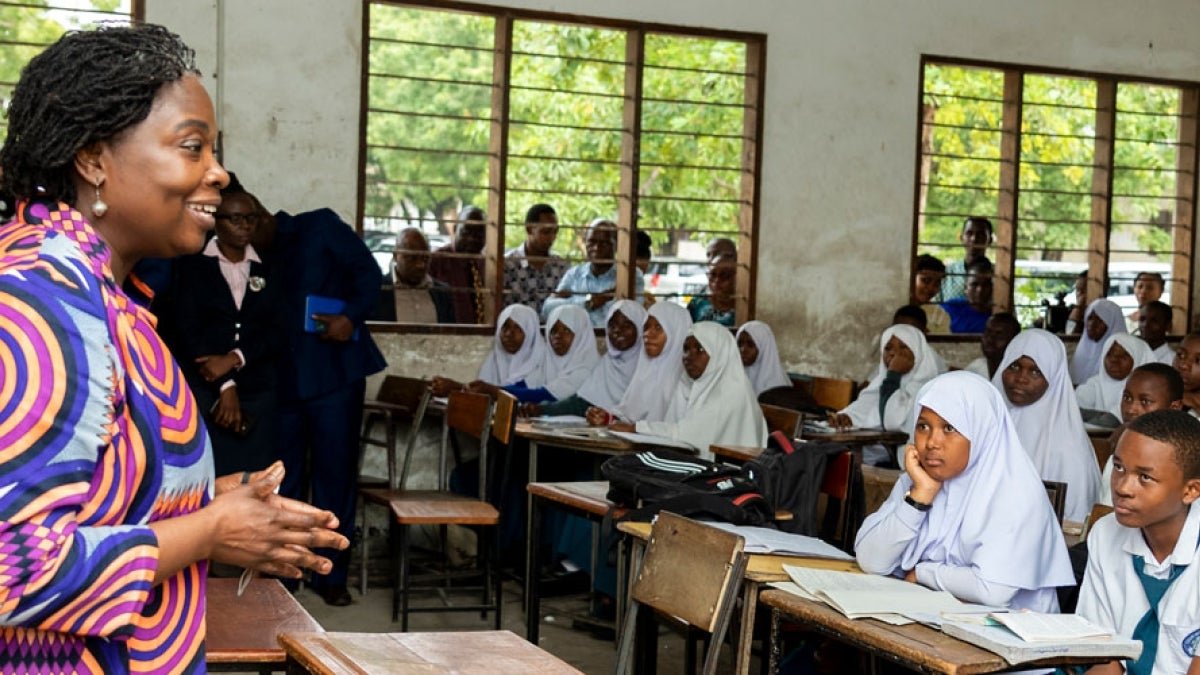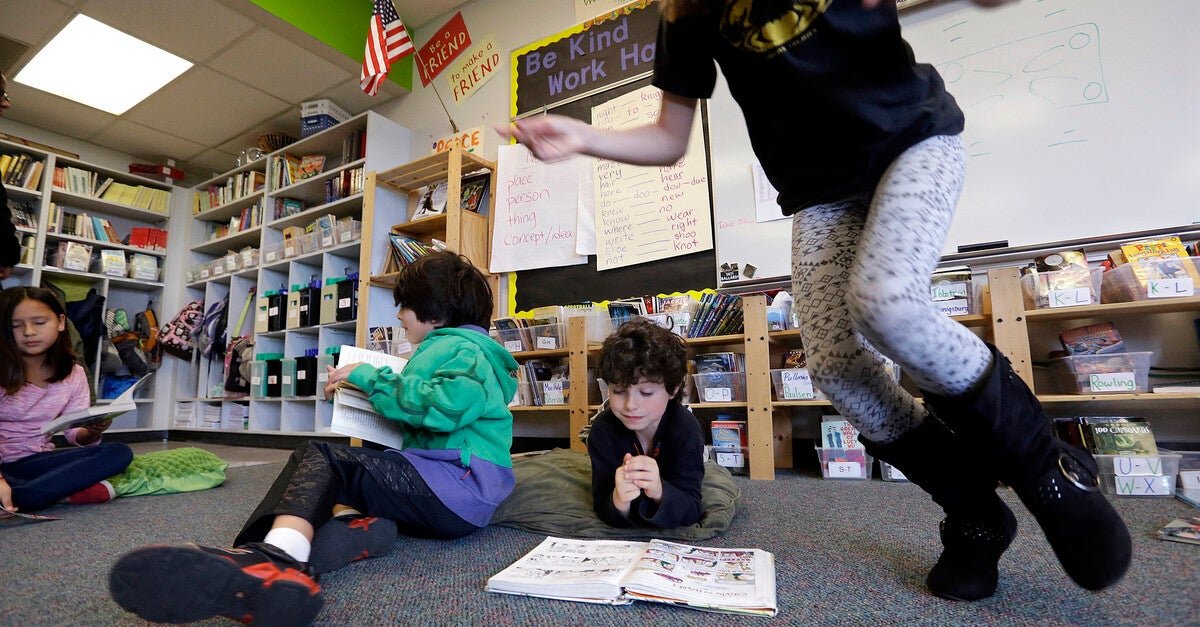What Will It Take for Africa to Lead an Schooling Turnaround_

One hanging statistic places in context the state of training in Africa at present. In keeping with the newest State of World Schooling Replace, almost 9 in 10 kids in Sub-Saharan Africa are unable to learn and perceive a easy textual content by the age of 10. Globally, 70% can’t carry out this job – up from 57% earlier than the COVID-19 pandemic. Youngsters who have been out of faculty did not be taught what they have been presupposed to and, in some instances, even forgot the abilities that they had beforehand acquired. This perilous scenario continues: About 160 million college students in Japanese and Southern African nations have been out of faculty for some time period as a consequence of COVID-related college closures, and an estimated 34% of adolescent ladies stay out of faculty at present. On Worldwide Day of Schooling, I’d prefer to contribute to the worldwide effort to focus on this full-blown studying disaster and underscore the significance and urgency of efforts targeted on bringing kids again to high school and accelerating studying restoration and progress.
Even within the context of competing crises – inflation, vitality, meals safety, local weather, – this can be a disaster too extreme to disregard. Primary training, but in addition secondary, tertiary, and technical and vocational coaching, will decide this technology’s means to get jobs and contribute to financial development sooner or later. Failure to combine tens of millions of kids and youth in productive actions, in a world economic system more and more based mostly on information and digital abilities (with probably over 230 million jobs that can require digital abilities in Africa by 2030), might nicely end in social unrest in a number of years’ time – a situation no policymaker desires to face.
Latest experiences in Japanese and Southern Africa present progress is feasible even within the face of a number of adversities similar to tight budgets, excessive demographic development, and cultural norms that limit alternatives for girls and ladies. For instance, funding from the Worldwide Growth Affiliation, the World Financial institution’s fund for the poorest economies, which supplies low-interest loans and grants, has been put to good use in recent times – together with in the course of the COVID-19 pandemic – to:
construct 22,500 new school rooms in Rwanda between 2019 and 2022
enroll 2.3 million extra college students in free major colleges within the Democratic Republic of Congo in the course of the 2021-2022 college 12 months
enhance the variety of college students enrolled in accredited greater teaching programs in Mozambique by 75% between 2018 and 2022
present 27,000 adolescent women and girls in Somalia with a mixture of literacy, numeracy, life and vocational abilities that can enable them to enhance their livelihoods
and considerably enhance the variety of Inclusive Schooling Useful resource Facilities (from 113 in 2017 to 1,050) supporting greater than 61,000 kids with particular wants in Ethiopia.
These examples, and extra, are detailed in an immersive story revealed at present to encourage hope amid evident and dire prognostics of studying losses and employment failure. However these interventions are only one a part of the answer. Reworking training will take robust political dedication over the long run to guide on the wanted coverage reforms, elevated financing and adjusted social norms.
On Worldwide Day of Schooling, please be part of my name to scale-up confirmed outcomes and do extra to Develop entry to varsities, Equip extra younger individuals with high quality training and in-demand abilities, and Empower all kids, no matter their gender or degree of means, so nobody is left behind. Collectively, we will roll up our sleeves and lead an training turnaround!




